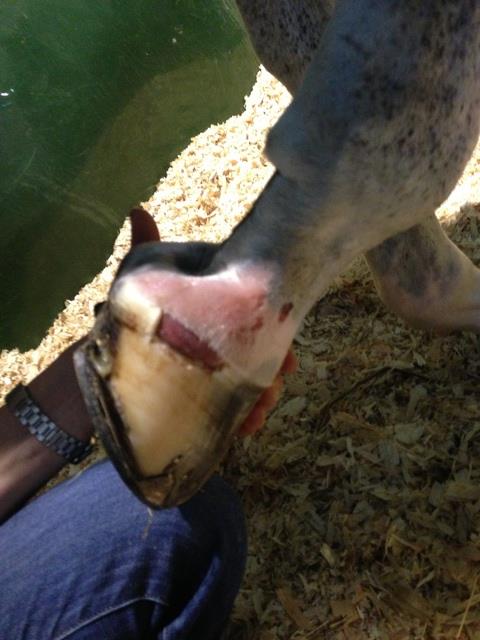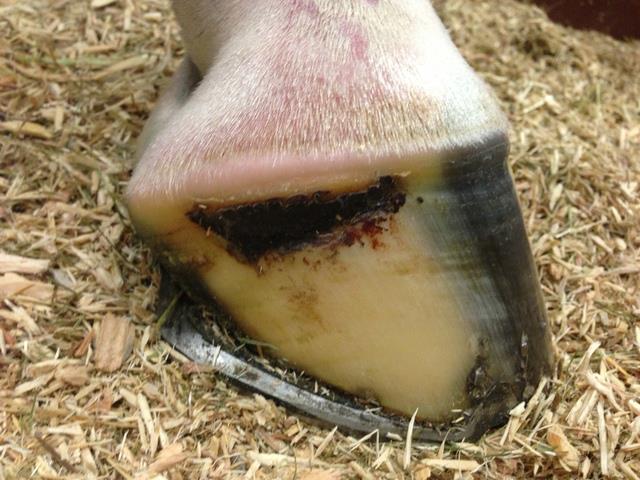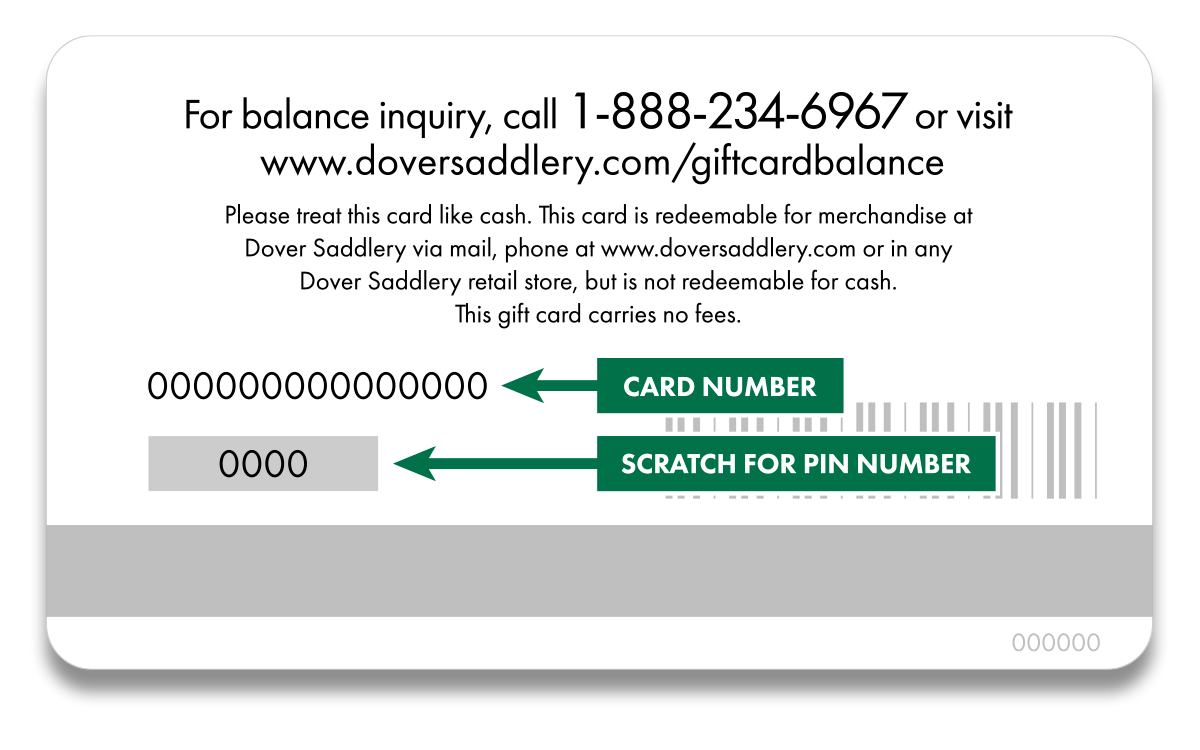In this post about horse care we examine situations in which you may want to use a horse hoof supplement.
You might consider adding a hoof supplement to your horse’s daily feed if your horse has issues with:
- Poor hoof growth
- Cracks and ridging of the hoof wall
- Thin, brittle hoof wall
- Losing his shoes constantly
Or if you deal with
- Competition horses, horses in hard work, or those with low fiber diets, that have poor-quality hooves
Certain nutrients in the horse’s diet are transported via the bloodstream to the hoof and play a role in stimulating hoof growth and repair. One nutrient that has received a lot of attention, in respect to hoof care, is the vitamin biotin.
Biotin, also known as vitamin B-7 or vitamin H, is produced in the horse’s hind gut from the breakdown of fiber in the diet. Biotin is a water-soluble vitamin that cannot be stored in the body for long, therefore, if there is a deficiency, it needs to be added to the diet every day.
We do not know exactly how biotin functions, but it is thought necessary for the production of keratin, a key component in the structure of the hoof wall.
Studies have shown that there is a significant improvement in overall hoof condition when biotin is fed at the rate of 15 to 25mg per day. Studies where biotin has been added to the diet have shown improved growth rate and improved hoof quality – this includes hardness and strength. Other nutrients such as zinc, methionine can also affect hoof quality so look for a hoof supplement that contains these as well as biotin.
An overall balanced diet, a healthy digestive tract, proper hydration and exercise will help a hoof supplement achieve optimal results. There may be multiple reasons why a horse has poor hoof quality. The effects of any supplement on hoof growth will not be seen until the new and improved growth comprises most of the hoof, which can take six to nine months in an average horse. Veterinarians and farriers observe that horses respond differently to hoof supplements. Your results may vary, and what works for one horse may not work as well for another. Rate of new hoof growth will vary amongst different horses and the climate – growth is slower during periods of colder weather.
Most people turn to a hoof supplement when the poor quality of their horse’s hoof leads to loose or lost shoes, comments from the farrier, or just observing an increase in chipping and cracks. An injured hoof may also benefit from a hoof supplement to insure that new growth is healthy–and accelerated.
Laura Kraut tells how the company Horse First came to her rescue last December when Cedric sustained damage to his hoof and coronet band. Laura added Hoof First to Cedric’s feed for twenty days and then was able to compete again. Laura commented “these photos show that Horse First works.”
We wish your horse strong and healthy feet!
Let us know your tips for healthy hooves.





